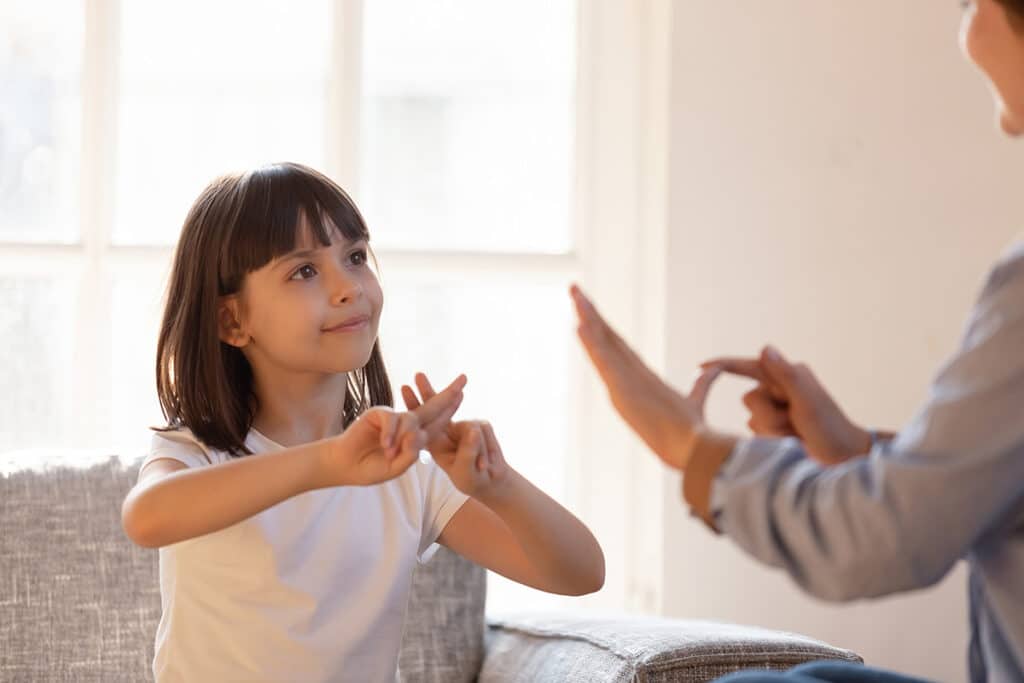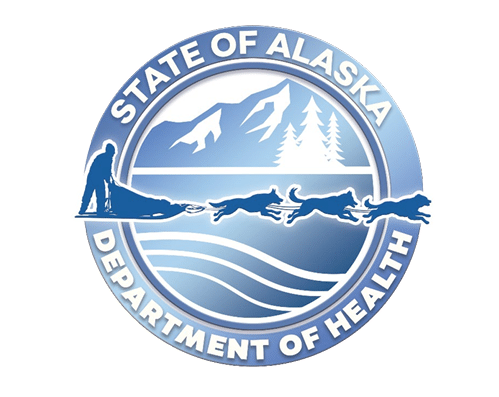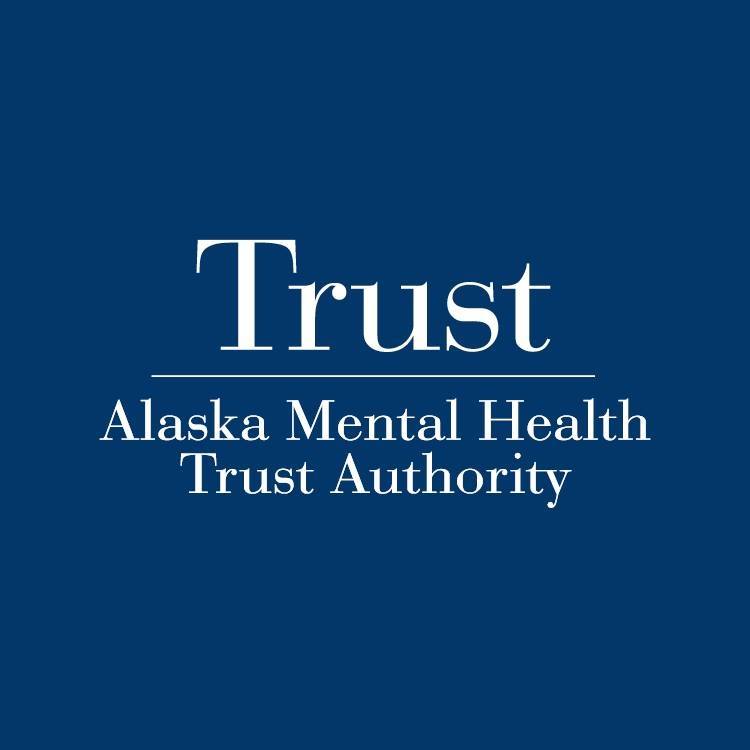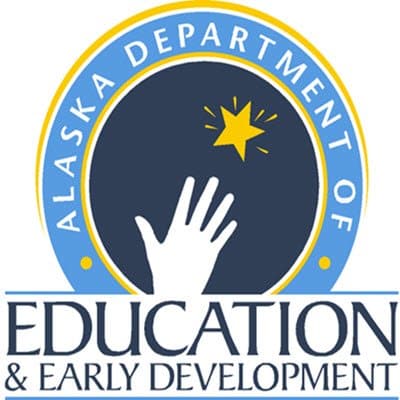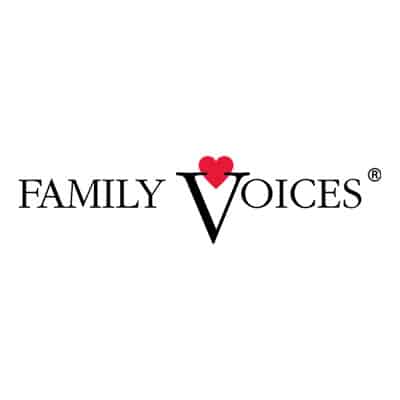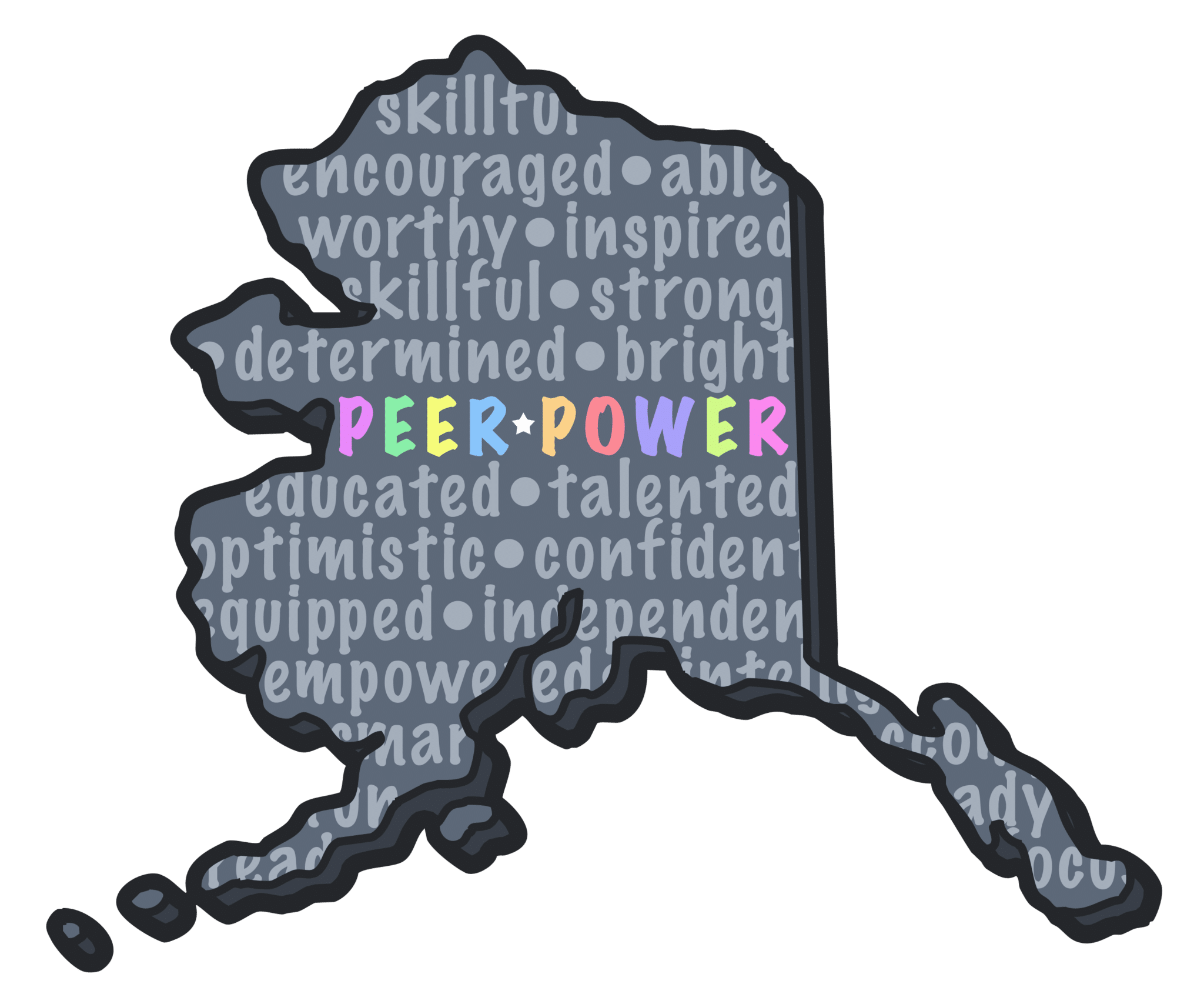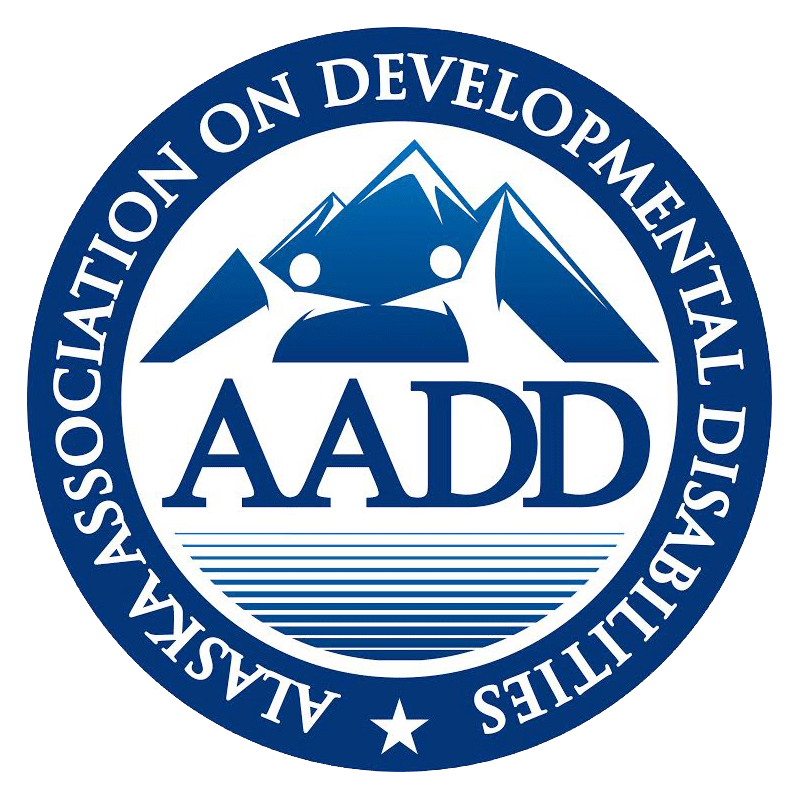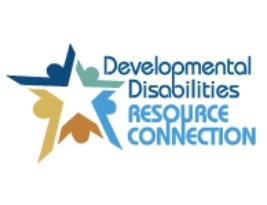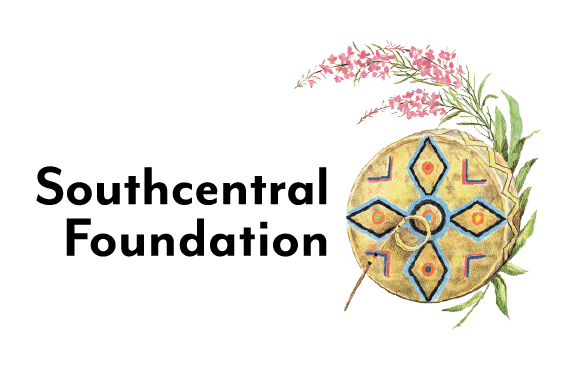The Early Hearing Detection and Intervention (EHDI) program in Alaska aims to ensure that newborns, infants and young children who are deaf or hard of hearing are identified and get the care they need when they need it. Early involvement can help these children meet age-appropriate language, social, and developmental milestones.
The EHDI Parent Navigator at SSG helps to ensure families have access to information that is accurate, comprehensive, up-to-date, and evidence-based to allow families to make important decisions for their children in a timely manner, including decisions with respect to the full range of assistive hearing technologies and communication modalities.
Our Parent Navigator is the parent of a child identified as deaf and is familiar with the specialists, interventions and options that can come up with raising a deaf or hard of hearing child.
